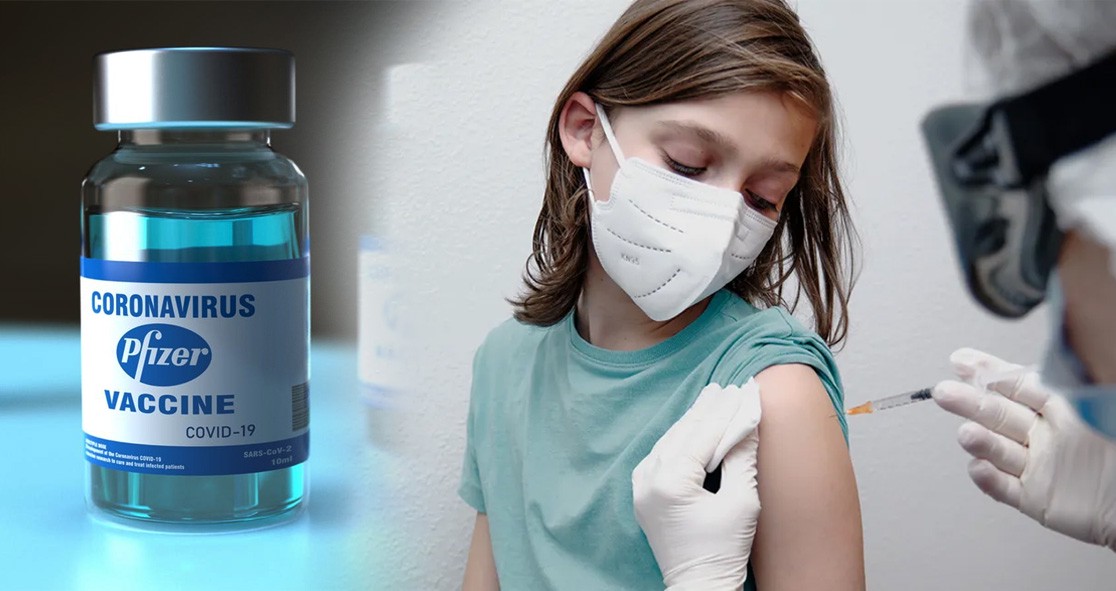A new study, funded by the U.S. Centers for Disease Control and Prevention (CDC), has found that vaccination with Pfizer’s mRNA-based COVID-19 vaccine reduced the risk of severe illness and hospitalization in children and teens during the Omicron wave, according to Science Daily.
The study, published in the New England Journal of Medicine, found that levels of protection against severe COVID-19 illness requiring life-supporting interventions remained high in vaccinated teenagers during both the Omicron and Delta waves.
The study’s co-author Dr. Bria Coates said, “Our study results are reassuring that COVID-19 vaccination ineligible children and adolescents continues to protect against the most severe outcomes associated with COVID-19, regardless of variant type.”
“It is difficult to predict whether the vaccine will be as effective against the current subvariant of Omicron, but most likely the level of protection would be similar,” she added. “Our results reinforce the importance of COVID-19 vaccination, including receiving a booster dose for those ages 12 years and older, to protect against critical illness.”
During the Omicron wave, vaccination reduced the risk of COVID-associated hospitalization by 68% in children aged 5 to 11 years.
During the Delta wave, vaccination reduced the risk of COVID-associated hospitalization by 92% in adolescents aged 12 to 18 years. And during the Omicron period, the risk was reduced by 40% in teenagers.
Vaccine protection against COVID-19 requiring life-supporting interventions remained high for adolescents during Delta (96%) and Omicron (79%), according to Science Daily.
Protection against hospitalization in teenagers during the Delta wave remained consistent for over 6 months after reviving a primary series of the Pfizer vaccine. Levels of protection during the Omicron were lower but stayed consistent over time after completing the primary series of the vaccine.
Dr. Coates explained, “This consistency in vaccine effectiveness during each variant suggests that the decline in protection among adolescents between the Delta and Omicron periods might be because the Omicron variant is more likely to escape control by the immune system, rather than waning immunity since vaccination. However, more data are needed to answer this question.”























